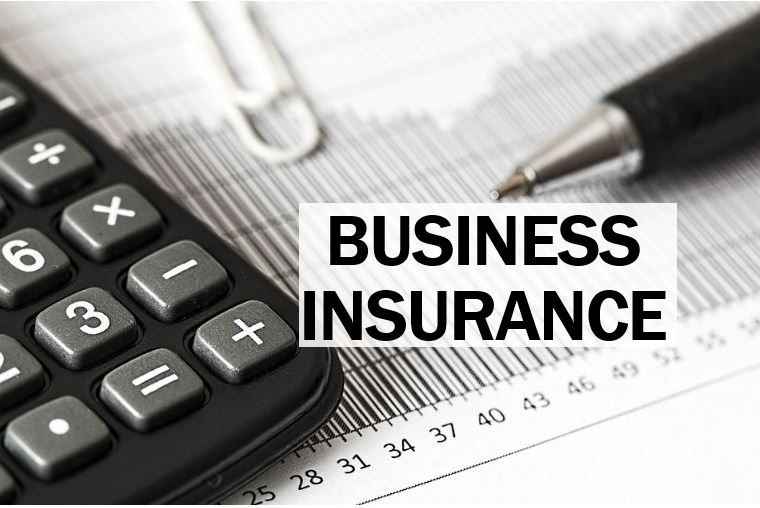
A critical part of owning a business is making sure your business is protected. One of the most important ways to protect your business is to have full-proof business insurance.
Full-proof business insurance is a complete insurance plan that will protect you against a lawsuit or losing your business. If you are going to get business insurance, which you absolutely should, you need the protection of a full-proof business insurance policy.
Some business owners will take the easy route to save time and purchase an insurance plan they don’t understand. If they don’t choose wisely, the business won’t be protected and could face financial disaster if a disaster were to strike.
The best way to ensure you are fully insured is to choose the right full-proof business insurance that you can understand and give your business the necessary coverage if disaster strikes.
When you are looking for a full-proof business insurance policy, there are a few things you need to consider ensuring you are getting the most protection possible.
1. Don’t Choose the Least Expensive Policy to Save Money
When purchasing a business insurance policy, it is best to shop around. Some insurance providers who offer low-cost insurance policies may be offering a better bargain; however, this isn’t always the case. The lower-cost policy could leave your company unprotected and susceptible to claims and lawsuits.
It is best to get quotes from several insurance companies. When you get quotes, you need to know more than the cost of the policy. You should also find out what is included in each policy, allowing you to make a well-informed decision.
2. Make Sure You Have Adequate Liability Insurance
Liability insurance is essential in protecting your business from lawsuits. For example, suppose a customer or client is injured in a slip and fall accident on your property. In that case, liability insurance will cover the cost of their medical bills and other expenses associated with the accident. If a product you sell or manufacture causes damage to the consumer or their property, liability insurance will cover the damage.
Without adequate liability insurance, your personal assets can be seized to pay the claimant, which can put your business at serious risk of closing.
3. Adjust the Coverage as Your Business Evolves
The goal for any business owner is to run a successful business that grows over time. As your business evolves and grows, your full-proof business insurance should be adjusted accordingly.
For example, if your business has grown and you add a new location or made changes in the products or services you offer, you will need to update your existing policy. When your business grows, your insurance plan needs to grow with it if you are going to be fully protected.
4. Make Sure Every Location and Entity Is Covered
Your full-proof business insurance should list every location and entity accurately. If you neglect to list either on the policy, you won’t be fully covered if a disaster strikes.
For example, if you open a second location or a pop-up location and you don’t include it on your policy, anything that happens at that location won’t be covered. This can result in a costly lawsuit if disaster strikes.
In addition, if you use one name for your company and another name for tax purposes, both names need to be listed on the policy. If just the business name is listed on the policy, a claim can be filed against the name you are using for tax purposes if both aren’t listed.
5. Insure Potential Income Losses
Standard business insurance covers the business’s physical assets. For example, if you have a warehouse full of products for sale, you have insurance to cover your inventory if it is damaged or destroyed. What many business owners fail to think about is income loss. This is also known as business interruption coverage, and it should be included in your business insurance policy.
If your business is hit with a physical loss and you cannot operate until the damage is repaired, you stand to lose a lot of money. This loss could result in your business struggling to pay the rent and the utilities.
Business interruption coverage will pay you back for the money that you will lose until your business is up and running again, preventing you from losing your location or your business from going under.
6. Understand Your Industry’s Risk
Every industry is different, and the business risks are also different. For example, you will need professional liability insurance if you are running an accounting business and an error was made on a client’s return. If you are running a restaurant and your customers get sick after eating the food you serve, you will need product liability insurance.
Before purchasing an insurance policy for your business, you should consider the potential risks your business is likely to face based on the industry. This will help you buy the best policy with protection designed specifically for you. If you don’t consider the industry risks before purchasing the policy, there is no guarantee that every loss will be covered, and you could end up dealing with a significant lawsuit.
Trying to cut costs by purchasing the minimum level of insurance may seem like a good idea when you first buy the policy, but you will find yourself in trouble in the future if you don’t have adequate coverage. If you aren’t sure the type of coverage or the amount of coverage your business will need, an insurance broker can help.
You may be interested in: Small Business Disaster Assistance
